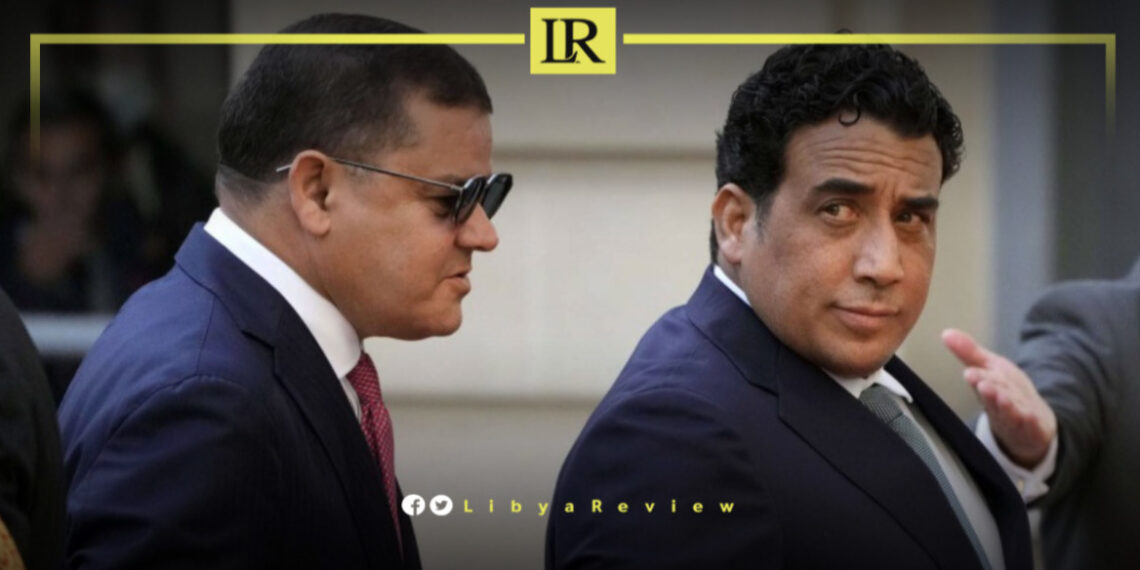In January 2024, Libya’s House of Representatives approved a National Reconciliation Law with majority support. Days later, the Presidential Council criticised the move, stating that it lacked the “spirit of national responsibility” and only served to complicate the reconciliation process.
The Council accused Parliament of politicising the initiative and emphasized the need for adherence to the political agreement as the legal framework governing Libya’s institutions.
The Presidential Council maintained that its reconciliation project, developed with transparency and professionalism, had earned international praise before being submitted to the House of Representatives over a year ago. However, the persistent political rivalries in Libya, exacerbated by external interference, have turned reconciliation into a bargaining chip rather than a pathway to national unity.
Libya’s struggle to achieve reconciliation reflects a deep-seated power struggle among its political elite, whose actions are often driven by personal and factional interests. These divisions are reinforced by foreign actors seeking to fuel Libya’s instability for their own geopolitical goals, further complicating efforts to bring peace and stability to the nation.
The tension between the Presidential Council and the House of Representatives illustrates the broader fractures within Libya’s political landscape. In November 2023, Presidential Council Chairman Mohamed Al-Mnifi urged Parliament Speaker Ageela Saleh to approve the reconciliation law without amendments in a transparent session. However, their mutual distrust—shaped by years of political enmity—rendered collaboration impossible.
The Presidential Council’s earlier reconciliation efforts also faltered. Preparatory conferences in cities like Tripoli, Benghazi, Zuwara, and Sabha aimed to draft a comprehensive reconciliation framework. Yet key stakeholders, including representatives of Saif al-Islam Gaddafi and the Libyan National Army (LNA), withdrew, citing a lack of genuine commitment to reconciliation. Many viewed the council itself as a partisan actor rather than a neutral mediator.
Reconciliation efforts have also been undermined by external interference and internal power struggles. Foreign actors have used Libya as a battleground for their geopolitical ambitions, further entrenching divisions. Meanwhile, political leaders remain focused on preserving their authority rather than addressing the root causes of Libya’s crisis.
For instance, eastern Libya, under Khalifa Haftar’s influence, has made strides in social reconciliation, allowing displaced individuals to return and reinstating government employees.
However, these efforts are often tied to political objectives rather than genuine national unity. In western Libya, the unity government led by Abdul Hamid Dbaiba faces accusations of prioritising self-preservation over meaningful reform. Both factions have resisted any reconciliation process that threatens their grip on power or opens the door for rivals like Saif al-Islam Gaddafi to re-enter the political scene.
The African Union and the United Nations have repeatedly called for Libya’s leaders to prioritise reconciliation and end foreign interference. A summit in Brazzaville in February 2023 urged Libyan stakeholders to fully commit to reconciliation efforts while demanding the withdrawal of foreign fighters and mercenaries. Despite these appeals, tangible progress remains elusive.
Efforts to convene a General Reconciliation Conference, initially scheduled for Sirte in April 2023 and later proposed for Addis Ababa in October 2024, have repeatedly failed due to political infighting and a lack of trust among Libya’s leaders. These failures highlight the absence of genuine intent to move beyond power struggles and focus on national healing.
While political leaders remain deadlocked, ordinary Libyans often show more willingness for reconciliation. Social and community-led initiatives have succeeded in bridging divides in ways that formal political processes have not. However, without the support of Libya’s ruling elite, these grassroots efforts struggle to achieve lasting impact.
Libya’s reconciliation process is not lacking in initiatives; it is lacking in genuine intent. Political leaders have turned reconciliation into a tool for advancing their agendas rather than addressing the nation’s long-standing divisions. Until Libya’s leaders commit to prioritising national interests over personal gain, the path to reconciliation will remain blocked, leaving the country in a state but of uncertainty and fragmentation.


